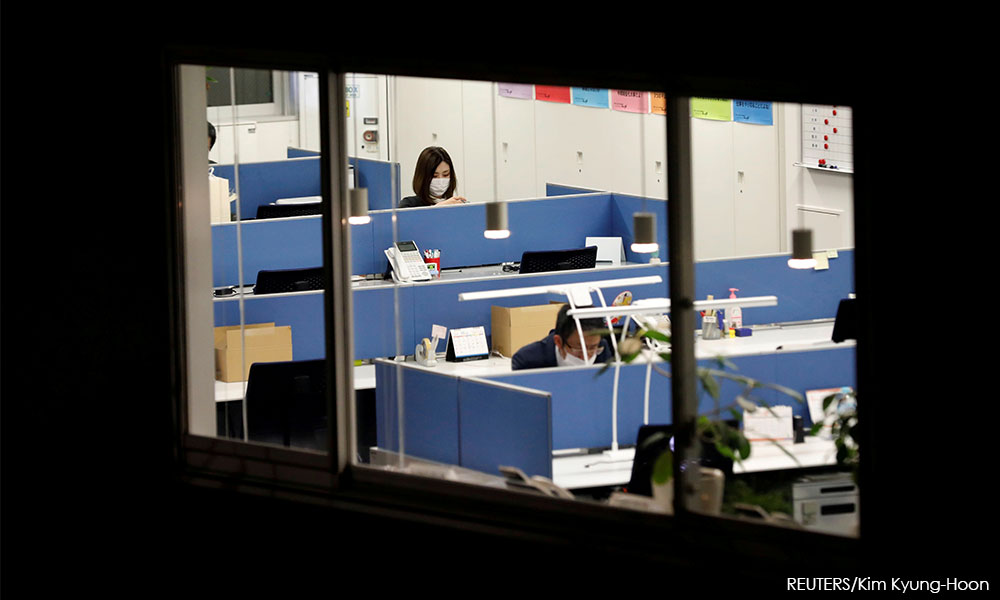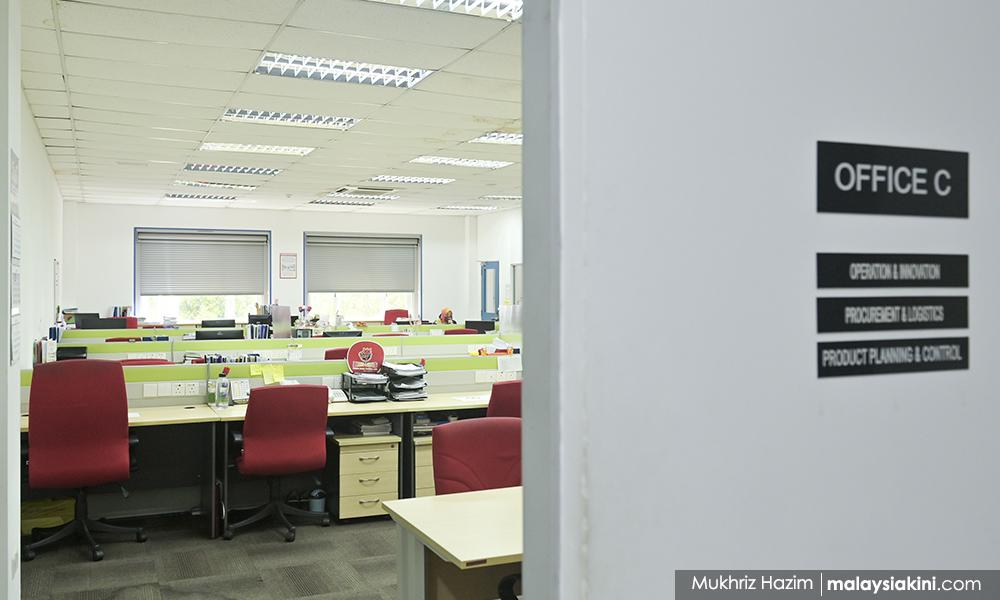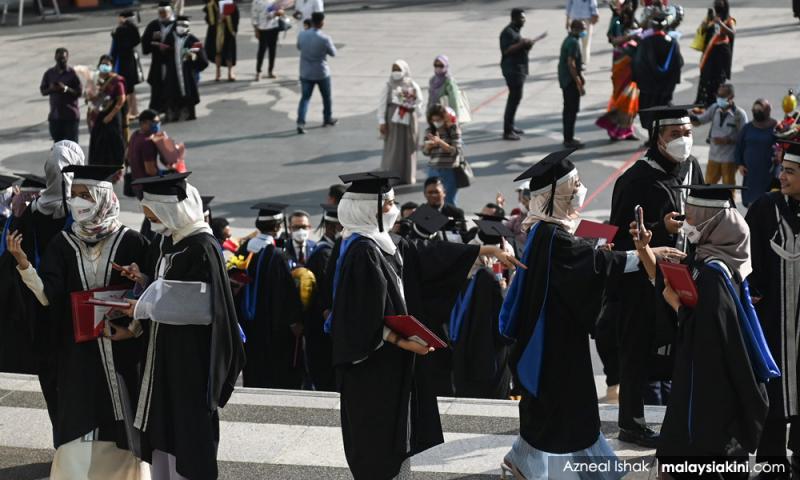ADUN SPEAKS | Brain drain ambivalence
ADUN SPEAKS | Can there be discussions about the advantages and disadvantages of brain drain in the country? Is it true that brain drain is not all that bad? When we are talking about brain drain, are we considering all categories of workers?
The argument against brain drain is a specific one. The reference is only made to talented and skilled workers at the technical, engineering and managerial levels, not to unskilled or semi-skilled workers, whether they migrate for greener pastures.
The issue of remittance from those who leave the country for jobs elsewhere is an argument that says that brain drain is all that bad. Whether workers who leave Malaysia remit a portion of their earnings to the country cannot be quantified.

I am not sure if remittances can be used as an argument to say that brain drain might have advantages. Whether remittance benefits a country like Malaysia or not, it cannot outweigh the deleterious effects of those who migrate to work overseas.
The material remittance argument is a poor one indeed. It is an unsubstantiated argument that remittances received from those who migrate cannot compensate for the terrible loss of talents.
Malaysia, more so than other countries, continued to suffer from the effects of brain drain. More than two million talented workers have the left to seek greener pastures overseas.
As it is, in the post-pandemic period, the labour crunch is being felt, especially in the demand for talented workers. There is an acute shortage of skilled workers in the high-end industries in the country.
In Penang, the shortage of skilled personnel has meant the poaching of talented workers from one company to another by the provision of better wages and perks. As long as there is a shortage of skilled personnel, poaching or pinching cannot be curtailed.
Race and religion
Although brain drain is a universal phenomenon of talented workers moving across borders, there is also a domestic dimension to it in the case of Malaysia.

Years of prioritising race and religion have created a dysfunctional employment system. The substitution of merit with race has resulted in a serious disaffection, especially among the non-Malays.
Thus, given the restrictive nature of employment, there is a tendency for talented professionals to migrate on the grounds that they will be recognised elsewhere.
The bulk of those who migrate might be the non-Malays, but lately, Malay professionals are beginning to move elsewhere for better opportunities and remuneration.
For Malay professionals, it might not be the racial system but the restrictive nature of the political and economic systems.
Brain drain possesses a major challenge to the industrialisation drive in the country. A serious lack of talents as a result of the mismatch between the availability of human resources and the needs of the private sector is further complicating the situation.
P RAMASAMY is Perai assemblyperson and Penang deputy chief minister II.
The views expressed here are those of the author/contributor and do not necessarily represent the views of Malaysiakini.
RM12.50 / month
- Unlimited access to award-winning journalism
- Comment and share your opinions on all our articles
- Gift interesting stories to your friends
- Tax deductable
